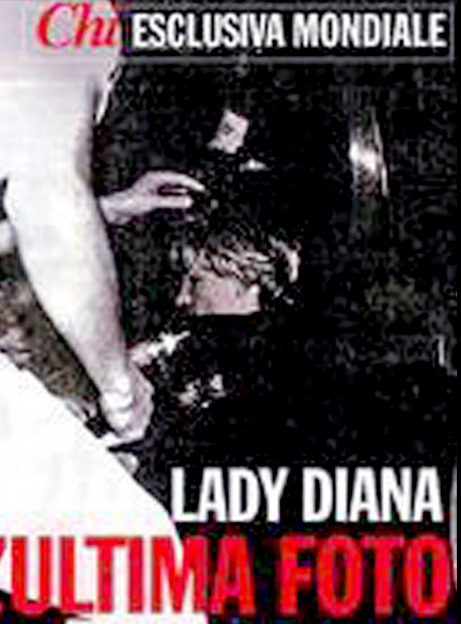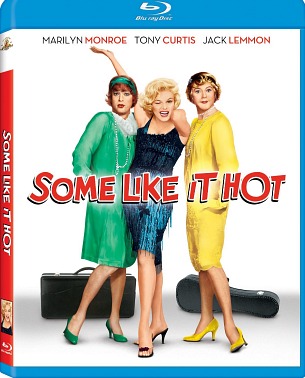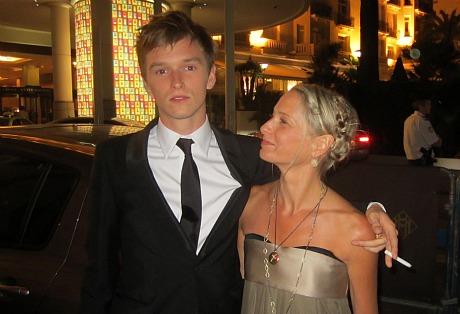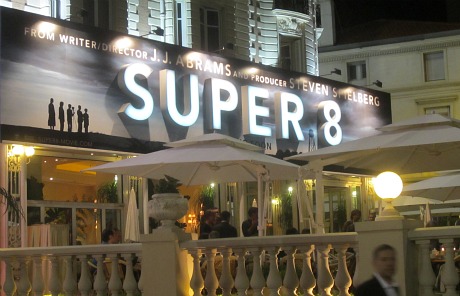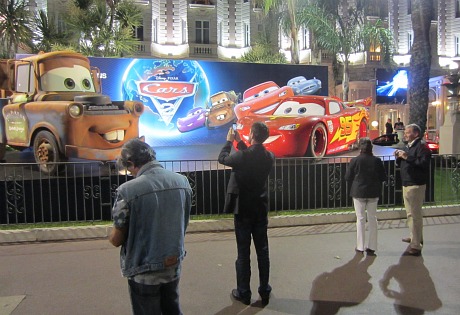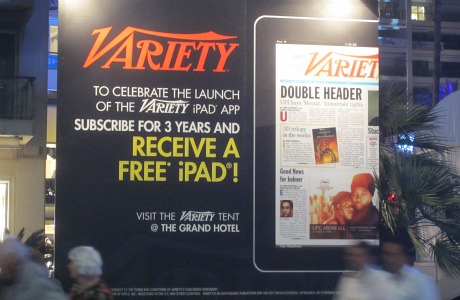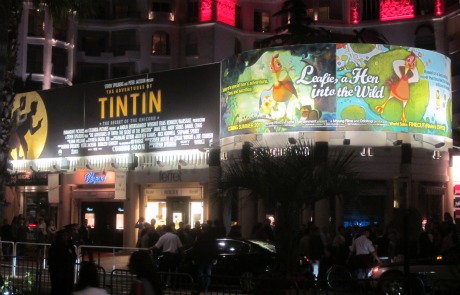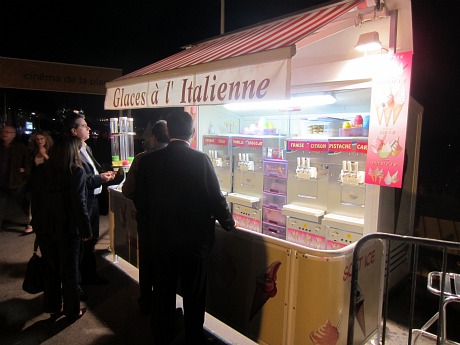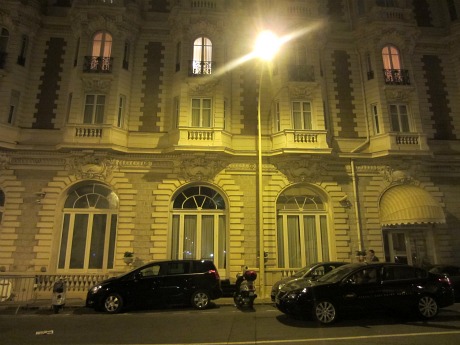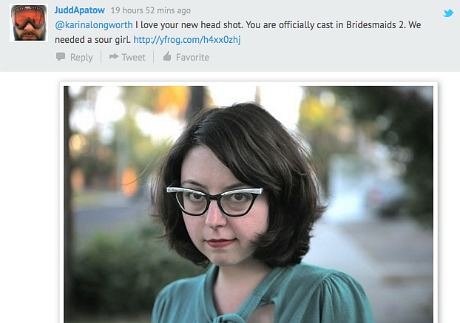For me, Henry Hooper — the 19 year-old son of the late Dennis Hopper — was the big takeaway from last night’s screening of Gus Van Sant‘s Restless. Yes, the movie is somewhat precious and Harold and Maude-like, but I got an unmistakable sense that Hopper has more in his quiver than what the material has asked of him. Partly because Restless is a bit too gentle and alpha for its own good, but also because Hopper seems to be holding back for some reason. Which, to me, feels interesting.
He projects interior currents that have been thought through, or at least don’t seem too acting-school instinctual or showoff nutso. He has a reasonably steady, patient, almost Montgomery Clift-like vibe, which I would describe as bothered and vulnerable but not childish, and connected to some kind of integrity or value system — there are lines he won’t cross. There’s a sense of intelligence and discernment in Hopper. He doesn’t seem to be handing the role of Enoch — a kid who’s survived a car crash that took his parents’ lives and thereby has a morbid curiosity about death and ghosts and whatnot — in a manner calculated to appeal to dim-bulb teenage girls. And he’s good looking in a Clift-like way (similar bone structure, narrow nose). I don’t want to overdo this but he has…well, a sharp but oblique quality that could grow into something.
I ran into Hopper on the street last night in front of the Martinez. He was with his agent, Ilene Feldman, and…I’ve forgotten her name but she’s blonde and pretty and smokes. A few minutes before I came over I noticed he was a bit upset about something, which I gathered because Feldman was gently patting his back.
I think I might have responded more positively to Restless had it been shot in Van Sant’s rough verite style — 1.33 to 1, unscored, extended-tracking-or still-shot mode of Last Days and Elephant. Restless is decently written and nicely acted, but it’s oddly scored here and there (I heard a piece of charmed/tender/sensitive music that was used in Badlands and True Romance — Carl Orff‘s “Musica Poetica,” I think it’s called) and on a certain level almost feels like a kid brother or first cousin of Gus’ Finding Forrester. No, it’s not that calculating, but it’s a little too movie-ish in a carefully composed, too-many-producers sense. It needed to be more raggedy-ass.
I haven’t time to write a ten-paragraph review (it’s 6:55 am and there’s an 8:30 am screening of Habemus Papum breathing down my neck) but I pretty much agree with Variety‘s Justin Chang.
“At once delicate and clumsy, tender and twee, Restless wraps the pain of grief and impending mortality in the balm of a teenage love story. Working in a more accessible, less poetic vein than that of Paranoid Park, director Gus Van Sant draws enough low-key sweetness and charm from his young actors to offset some of the more self-consciously cutesy aspects of this quietly death-obsessed scenario.”

